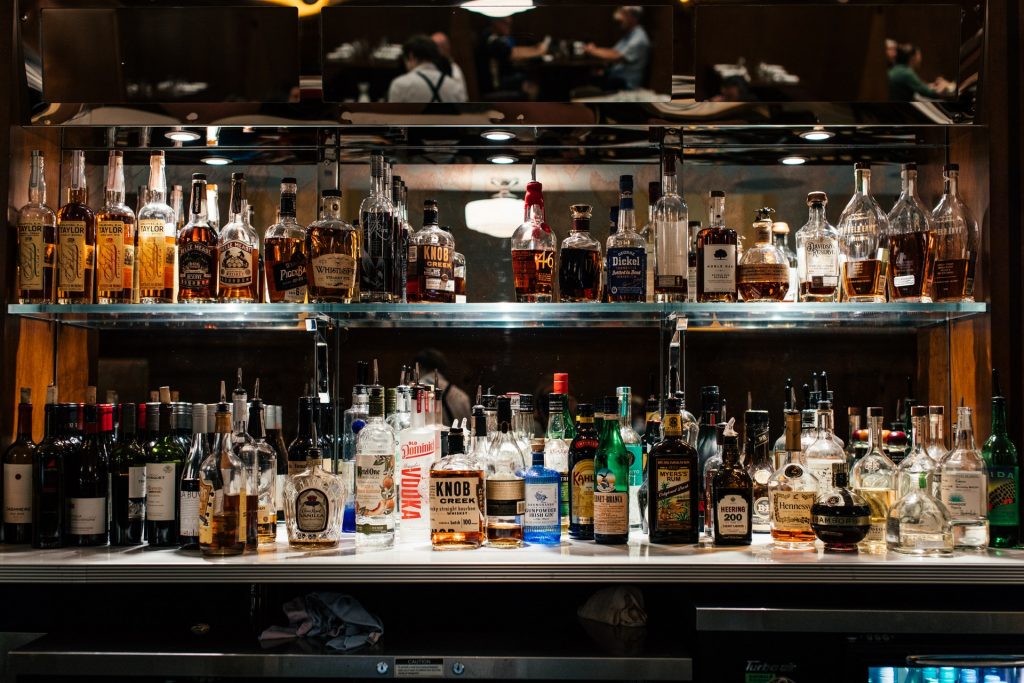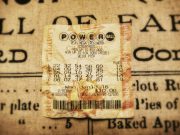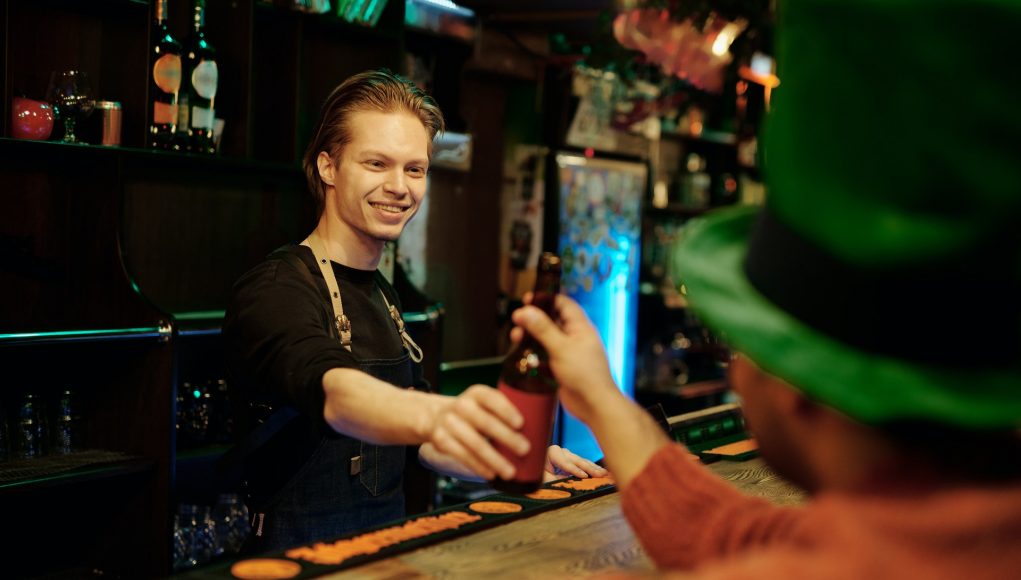If you have a criminal record in the United States, you may still be able to get a liquor license in some states. The process is often difficult, and the chances of being approved are slim, but it is possible. There are a few reasons why someone with a criminal record may want to apply for a liquor license, and if you are approved, there are a few things you can expect.
The first reason why someone with a criminal record may want to apply for a liquor license is that they may want to open their own business. This is often the case for people who have been convicted of a felony and have served their time in prison. When you have a criminal record, it can be difficult to find a job, so starting your own business may be the best option.
Another reason why someone with a criminal record may want to apply for a liquor license is that they may want to work in the alcohol industry. This is often the case for people who have been convicted of DUI or other alcohol-related offenses. If you have a criminal record, you may still be able to get a job in the alcohol industry, but it will likely be difficult.
Table of Contents
How to get a liquor license with a criminal record
If you have a criminal record in the United States, you may still be able to get a liquor license in some states. The process is often difficult, and the chances of being approved are slim, but it is possible. There are a few reasons why someone with a criminal record may want to apply for a liquor license, and if you are approved, there are a few things you can expect.
The type of personal information you have to disclose when applying for a liquor license
If you have a criminal record in the United States, you may still be able to get a liquor license in some states. The process is often difficult, and the chances of being approved are slim, but it is possible. There are a few reasons why someone with a criminal record may want to apply for a liquor license, and if you are approved, there are a few things you can expect.
When you apply for a liquor license, you will have to disclose your criminal record. This includes any convictions you have on your record, as well as any pending charges. You will also have to provide information about your alcohol-related offenses if any. In some states, you may be required to disclose your entire criminal history, even if the offense is not alcohol-related.
What happens if your application is denied and what you can do about it
If your application for a liquor license is denied, you will likely be able to appeal the decision. However, the process of appealing a denial can be difficult, and the odds of being successful are slim. If your appeal is unsuccessful, you may be able to try again in the future, but the process will be more difficult each time.
If you have a criminal record, it is important to consult with an attorney before applying for a liquor license, as they can help you navigate the process and increase your chances of being approved.
What types of businesses are typically approved for a liquor license
In the United States, there are a few types of businesses that are typically approved for a liquor license. These include restaurants, bars, and clubs. However, there are also a few states that allow convicted felons to apply for a liquor license. The process is often difficult, and the chances of being approved are slim, but it is still possible.
If you have a criminal record, it is important to consult with an attorney before applying for a liquor license, as they can help you navigate the process and increase your chances of being approved.
Applying for a liquor license can be a difficult process, but it is still possible if you have a criminal record. There are a few reasons why someone with a criminal record may want to apply for a liquor license, and if you are approved, there are a few things you can expect.
The 5 challenges of having a liquor license with a criminal record
If you have a criminal record, one of the challenges you will face is getting a liquor license. The process is often difficult, and the chances of being approved are slim. In addition, if your application is denied, you may be able to appeal the decision, but the process can be difficult and the odds of being successful are slim. If you are approved for a liquor license, there are a few things you can expect.
First, you will have to disclose your criminal record.
This includes any convictions you have on your record, as well as any pending charges. You will also have to provide information about your alcohol-related offenses if any. In some states, you may be required to disclose your entire criminal history, even if the offense is not alcohol-related.
Second, you may be required to submit a background check.
This can include a criminal background check, as well as a financial background check. The purpose of the background check is to ensure that you are a safe and responsible individual and that you will not use your liquor license to sell alcohol to minors or engage in other illegal activity.
Third, you may be required to obtain a bond.
This is a type of insurance that protects the state from any losses that may occur as a result of your alcohol-related business. The amount of the bond will vary depending on the state in which you are applying for a liquor license, but it is typically a few thousand dollars.
Fourth, you may be required to obtain liability insurance.
This insurance protects your business from any claims that may arise as a result of your alcohol-related business. The amount of coverage you will need will vary depending on the state in which you are operating, but it is typically a few hundred thousand dollars.
Fifth, you may be required to obtain a permit from the state in which you are operating.
This permit allows you to sell alcohol in your business. The process of obtaining a permit can vary from state to state, but it is typically a simple process.
Once you have been approved for a liquor license, you will be required to follow all state and federal laws regarding the sale of alcohol. This includes obeying all hours of operation, as well as refraining from selling alcohol to minors. In addition, you will be required to post your liquor license in a visible location in your business.
How to stay within the law when operating a business with a liquor license

If you have a liquor license, it is important to stay within the law and obey all state and federal laws. This includes following all hours of operation, refraining from selling alcohol to minors, and posting your liquor license in a visible location in your business. In addition, you will be required to comply with all state and federal regulations regarding the sale of alcohol.
Operating a business with a liquor license can be a challenge, but it is still possible if you follow all state and federal laws. If you are convicted of a crime, your liquor license may be revoked, and you may be required to go through the process of applying for a new one. However, if you are a safe and responsible individual, you should be able to get a liquor license and operate your business without any problems.
Can felons get liquor licenses in all states?
Felons are often denied liquor licenses but it is still possible to get one in some states.
In order to qualify for a liquor license, convicted felons must disclose their criminal record and complete an application process that can be difficult or expensive. The felon will also have to provide information about alcohol-related offenses if any.
Since the felon is trying to get a liquor license, the state wants to ensure that he or she is a safe and responsible individual. The felon must go through a background check and may have to obtain a bond, insurance, and permit.
If the felon is approved for the liquor license, he or she must follow all state and federal laws regarding the sale of alcohol. This includes obeying all hours of operation, as well as refraining from selling alcohol to minors. In addition, the felon will be required to post his or her liquor license in a visible location in the business.
Conclusion
Felon trying to get a liquor license, the state wants to ensure that he or she is a safe and responsible individual. The felon must go through a background check and may have to obtain a bond, insurance, and permit. If the felon is approved for the liquor license, he or she must follow all state and federal laws regarding the sale of alcohol. This includes obeying all hours of operation, as well as refraining from selling alcohol to minors. In addition, the felon will be required to post his or her liquor license in a visible location in the business.
While it may be difficult for a felon to get a liquor license, it is still possible in some states. The felon must go through a background check and may have to obtain a bond, insurance, and permit. If the felon is approved for the liquor license, he or she must follow all state and federal laws regarding the sale of alcohol.
If you are a convicted felon and you want to apply for a liquor license, you should contact your local government office to find out more information.
































